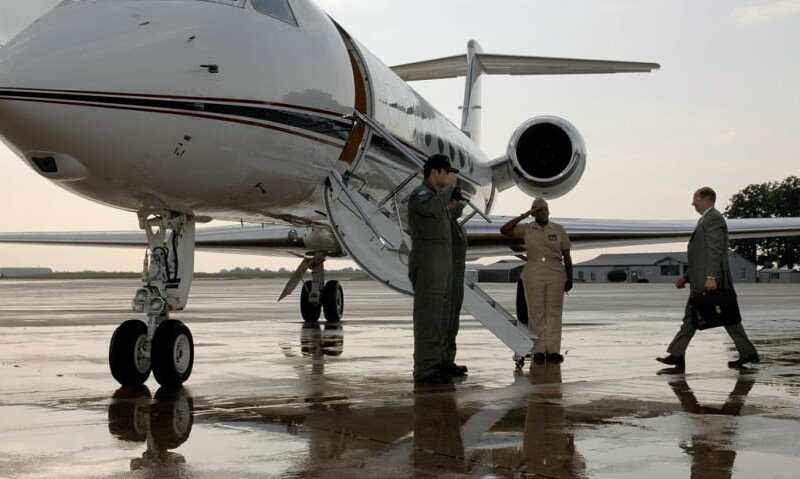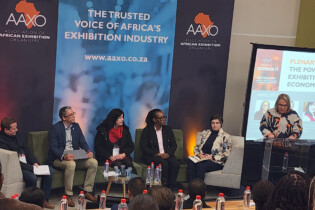Perhaps one of the biggest obstacles for the South African MICE industry to gain the right governmental support during the COVID-19 pandemic has been that it falls under the Department of Tourism. As the Joint Meeting Industry Council (JMIC) states in its recently released manifesto (which you can read here):
“Business events are economic, scientific and professional in nature and only incidentally tourism related.”
“Business events are economic, scientific and professional in nature and only incidentally tourism related (in that they support the hospitality economy). They should therefore be seen in the context of trade, economic development, social and investment policies rather than tourism policy.”
Business events are not merely a vehicle to bring tourists into the country, and they should not be assessed by the number of business tourists and business tourism spend alone. In fact, their impact is far deeper and more significant. Business events grow industries and economies – a fact that has recently been proven by Harvard Kennedy School’s Growth Lab.
Researchers identified a direct causal link between business travellers entering a country and the growth of industries in that country.
Researchers Michele Coscia and Frank Neffke, working with Growth Lab Director Ricardo Hausmann, identified a direct causal link between business travellers entering a country and the growth of industries in that country.

They explain this in terms of “knowhow”: “As opposed to information and codified knowledge that exists in books, computer files, graphs and algorithms, knowhow only exists in brains and moves very slowly from brain to brain through years of experience. So, moving knowhow quickly involves moving brains.”
Essentially, business travel is the best way to move knowhow (brains) rapidly and efficiently across borders and industries. They add that it cannot be replicated by digital means of communication such as Zoom, Skype and email. In fact, Hausmann believes that a permanent shutdown of business travel (as has happened with the COVID-19 pandemic) “would probably imply a double-digit loss in global GDP”.
A permanent shutdown of business travel (as has happened with the COVID-19 pandemic) “would probably imply a double-digit loss in global GDP”.
Presumably, business events such as conferences and exhibitions are the most efficient way to bring large numbers of professional brains together to share their knowhow in the quickest and most efficient manner possible.
This is essentially the JMIC argument as laid out in its manifesto, that business events “can and should be utilized as a highly efficient and cost-effective vehicle for driving economic recovery and renewal by providing an essential platform for the economic, academic, professional and business interactions required to re-ignite these sectors.”
Click here to go to The Growth Lab page with an interactive map to demonstrate the estimated impact on global GDP if a country stops sending any business travellers abroad, as well as which countries will be most affected.







